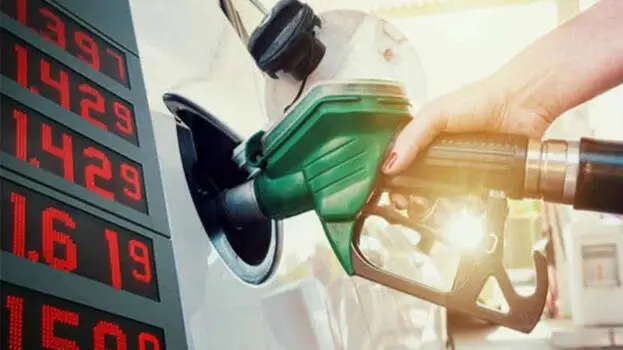The recent massive increase in petroleum price which was done overnight has sent a shock wave, depression and fear across the nation, as citizens are left lamenting many questions, on the very top of which list is “how will we survive?”
This came right after the news of the highly anticipated Dangote refinery petroleum being ready for sale. It also came at a time when we thought things can never get any worse in this country, at a time where we believed that we have passed the peak of fuel issues with the hope that moving forward things would only get better not worse. However, we have seen that, that is not the case.
Initially, we were told that removal of fuel subsidy was a necessary step to reform the petroleum industry, but no one can deny the fact that the impact of this on Nigerians has been devastating. Before the removal, fuel prices were stabilised and goods and services were relatively affordable.
However, since the removal, fuel prices have skyrocketed, leading to a cascade of price increases across the country. It has led to a demand-pull inflation where the cost of transportation affected the prices of goods and services food, and other essentials have become unaffordable for many Nigerians.
- Duty-free solar panels classification in line with global standards – Customs
- Israel kills 248 Palestinians in ‘safe zones’ as rights groups condemn siege
Therefore, the question still remains, what is the government doing with the funds generated from the subsidy removal? The government claimed that the removal would help in curbing corruption and free up funds for critical infrastructure development and social programs, but Nigerians are yet to see the benefits. Instead, they are faced with increased hardships and a declining standard of living. Where is the transparency and accountability in the use of these funds? Nigerians deserve to know how this money is being spent and what tangible benefits they can expect from the subsidy removal.
The new prices implemented by the Nigerian National Petroleum Company’s (NNPCL) Retail Management, ranging from N855 to N897 per litre, while Independent marketers have adjusted their prices to between N930 and N1,200 per litre of petrol from the previous N568-N617 have added to the existing hardships faced by Nigerians. But why this sudden and drastic change? Is it really necessary? And what are the implications for the average Nigerian?
The decision to allow the Nigerian National Petroleum Company Limited (NNPCL) to be the sole buyer from Dangote refinery also raises many questions about competition and efficiency. What is the rationale behind this? Won’t NNPCL’s monopoly stifle innovation and progress in the industry? At what rate will NNPCL be buying from Dangote, and how will this impact the market? The lack of transparency in this deal is questioning and warrants further investigation.
Additionally, the timing of this price hike is particularly concerning, coming at a time when Nigerians were beginning to see hope in the emergence of new industries. But now, with this latest blow, many are left wondering if they can survive. The Ministry of Petroleum Resources claims it will not interfere in NNPC’s internal decisions, but Nigerians deserve answers. What is the rationale behind this price hike? How will it benefit the country and its citizens? How will the citizens cope this time around? This is not just an un-softened blow; rather it is a death blow!
The promise of the Dangote refinery’s “naira for crude and naira for products” concept was supposed to bring stability to the currency and reduce demand for dollars. But how can this be achieved when NNPCL controls pricing and independent marketers are forced to adjust their prices to unaffordable levels? The government’s claim that this will stabilise the exchange rate and address issues like round-tripping seems hollow in the face of this price hike.
The sole reliance on NNPC for petroleum supply is clearly a recipe for disaster. What happened to promoting competition and rehabilitation in the industry? The monopoly held by NNPC will only lead to further inefficiencies and stagnation. How can a single entity be expected to meet the demands of an entire nation? The risks of relying on a single supplier are evident in the current scarcity and price hike. Let us not forget that competition gives room for improvement and without competition there will be no potential for growth.
Nigerians are bearing the brunt of this price hike, with many resorting to long-distance trekking or missing work due to higher transportation costs. The government should provide answers and reassess its decisions to avoid further strangling the little hope left for its citizens. The impact on small businesses and entrepreneurs will be devastating, leading to job losses and economic stagnation.
It is within our rights to demand answers, therefore, we call upon the government to please make it make sense to us, to explain the rationale behind all this. After all under the democratic system of government, it is a core function of the government to be accountable and responsible to the electorate (people).
Aisha Dahuwa is a mass communication student at Nile University of Nigeria, Abuja

 Join Daily Trust WhatsApp Community For Quick Access To News and Happenings Around You.
Join Daily Trust WhatsApp Community For Quick Access To News and Happenings Around You.


